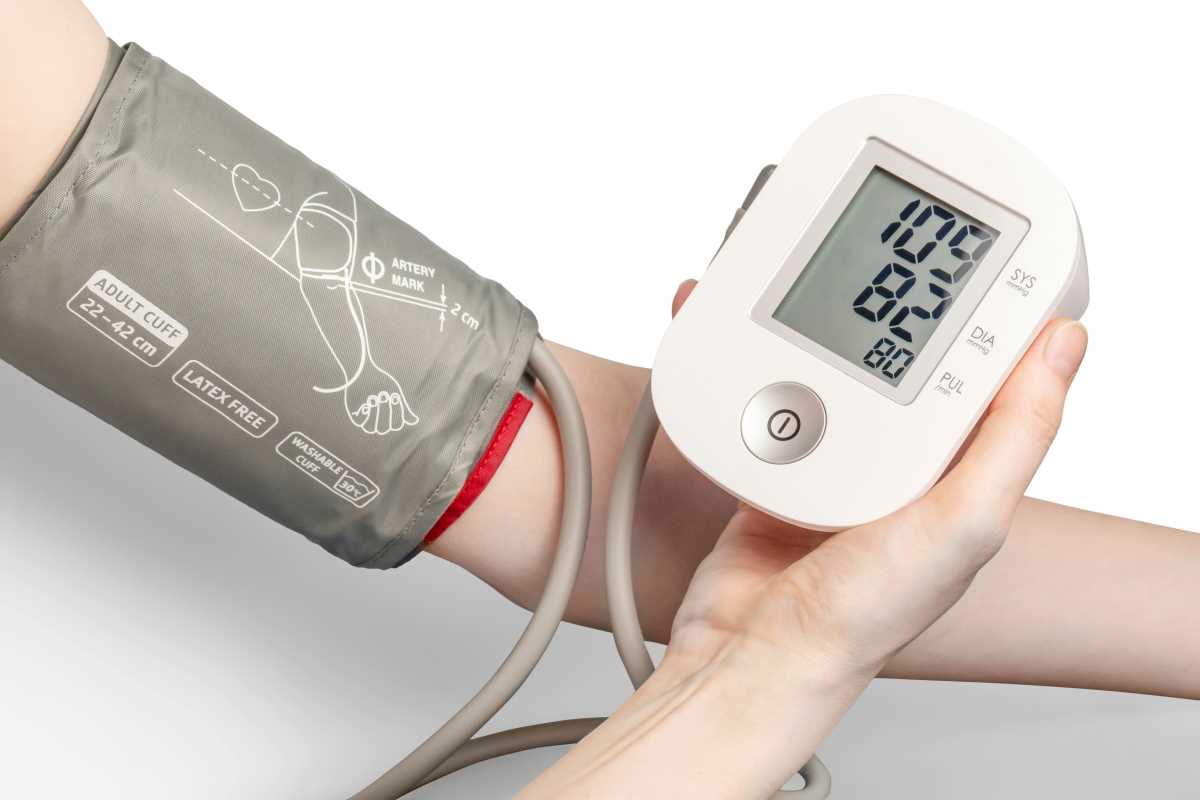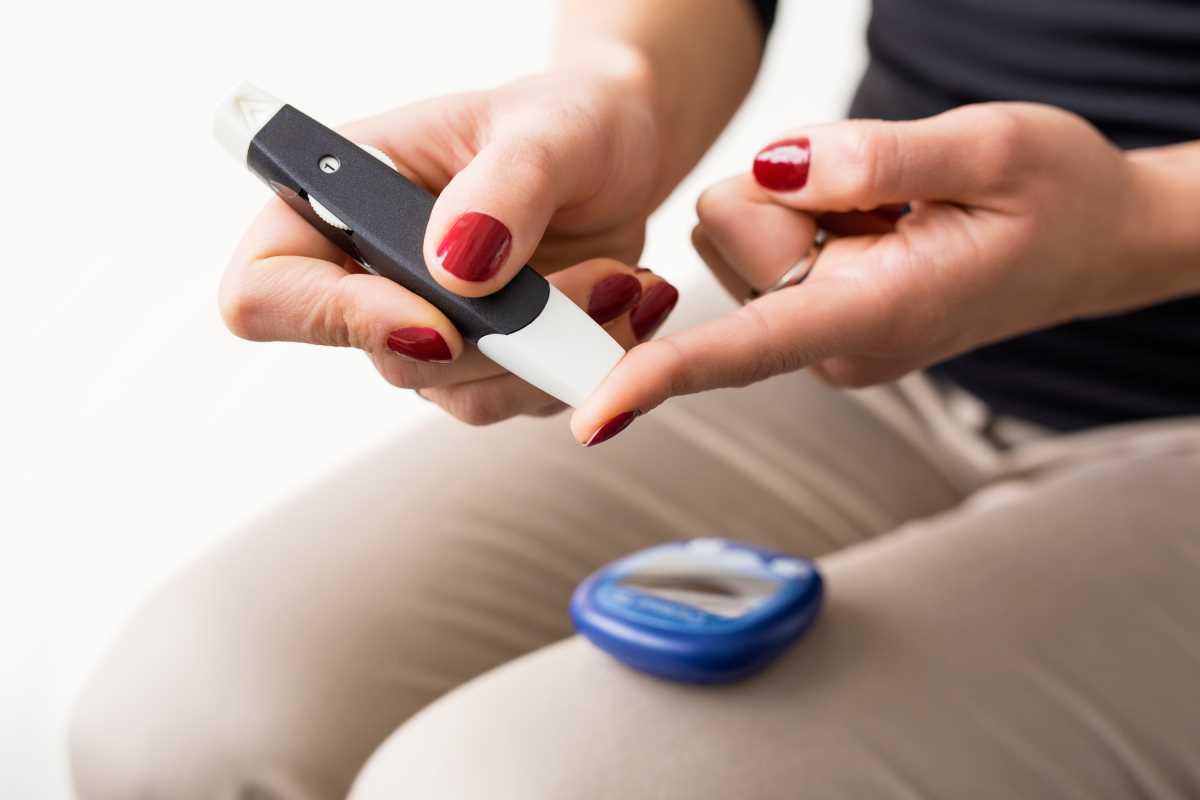Let's talk about your heart – that incredible muscle that beats roughly 100,000 times every single day. If you're like most people in your 40s, 50s, or 60s, you've probably started paying more attention to what makes it happy. And here's some news that might surprise you: it's not just about hitting the gym hard once in a while. Recent research is showing us that when it comes to exercise and heart health, frequency matters more than you might think.
The Impact of Exercise Frequency on Your Heart
New studies are painting a clearer picture of how often we should move our bodies to keep our hearts strong. A landmark study published in the European Heart Journal followed over 90,000 adults and found something fascinating: people who exercised just 2-3 times per week had significantly lower rates of heart disease compared to weekend warriors who crammed all their activity into one or two intense sessions.
But here's where it gets really interesting. The research shows that spreading your exercise throughout the week – even if it's just 15-20 minutes at a time – provides better heart protection than doing one long workout session. Think of it like taking your daily vitamins versus taking a week's worth all at once. Your heart prefers the steady, consistent approach.
Another study from the American Heart Association tracked 15,000 middle-aged adults for over a decade. The results were clear: those who exercised 4-5 times per week had a 35% lower risk of developing heart disease compared to those who exercised only once or twice weekly, even when the total exercise time was similar.
Why Frequency Beats Intensity
Your heart is remarkably adaptable, but it responds best to regular, predictable challenges. When you exercise frequently – say, every other day – you're essentially giving your heart consistent practice at being strong and efficient.
Here's what happens in your body when you exercise regularly:
Improved Blood Flow: Each workout session increases blood circulation, and frequent sessions keep your blood vessels flexible and healthy. It's like keeping all the pipes in your house in good working order.
Better Blood Pressure Control: Regular exercise helps your heart pump more efficiently, reducing the pressure on your arterial walls. Studies show that people who exercise 4-5 times per week maintain healthier blood pressure levels throughout the day, not just during workouts.
Enhanced Heart Rate Variability: This might sound technical, but it's actually simple. A healthy heart should be able to speed up and slow down easily. Frequent exercise trains your heart to be more responsive and adaptable.
Reduced Inflammation: Chronic inflammation is a major risk factor for heart disease. Regular exercise helps keep inflammatory markers low, protecting your cardiovascular system from damage.
The Sweet Spot: How Often Should You Exercise?
Based on the latest research, the magic number appears to be 4-5 exercise sessions per week. But before you panic about fitting that into your already busy schedule, remember that we're not talking about hour-long gym sessions.
The Minimum Effective Dose: Research shows that just 150 minutes of moderate exercise per week – spread across multiple days – can reduce heart disease risk by up to 30%. That's roughly 30 minutes, five times a week, or about the length of a TV sitcom episode.
Quality Over Quantity: A 20-minute brisk walk does more for your heart than sitting on the couch thinking about the 2-hour workout you'll do "someday." The key is consistency, not perfection.
The 48-Hour Rule: Studies suggest that the heart benefits of a single exercise session last about 48 hours. This means that exercising every other day maintains these protective effects continuously.
Different Types, Different Benefits
Not all exercise affects your heart the same way, and the research shows that variety might be just as important as frequency.
Aerobic Exercise: This is your heart's best friend. Walking, swimming, cycling, or dancing – anything that gets your heart pumping steadily – strengthens your heart muscle and improves circulation. Aim for at least 3-4 sessions per week.
Strength Training: Don't overlook lifting weights or resistance exercises. Research shows that combining strength training with aerobic exercise provides greater heart protection than either alone. Two sessions per week are sufficient for heart benefits.
High-Intensity Interval Training (HIIT): These shorter, more intense workouts can be incredibly effective for heart health. Just 15-20 minutes of HIIT 2-3 times per week can provide significant cardiovascular benefits.
Making It Work in Real Life
The beauty of focusing on frequency rather than intensity is that it's actually easier to maintain. Here are some practical strategies that real people use successfully:
The Morning Walk: Start with a 15-20 minute walk most mornings. It's gentle on your joints, doesn't require special equipment, and sets a positive tone for your day.
Lunch Break Movement: Use part of your lunch break for a quick walk around the building or up and down some stairs. Even 10 minutes counts toward your weekly total.
Evening Wind-Down: Replace one TV show with a gentle yoga session or stretching routine. It helps your heart and improves your sleep quality.
Weekend Activities: Make at least one weekend day more active. Gardening, playing with grandchildren, or taking a longer nature walk all count as heart-healthy exercise.
Overcoming Common Obstacles
Let's be honest about the challenges. Life gets busy, weather doesn't always cooperate, and sometimes motivation is hard to find.
Time Constraints: Remember that 15 minutes of activity is infinitely better than zero minutes. You can always build from there.
Bad Weather: Have indoor alternatives ready. Walking in a mall, using stairs in your building, or following along with a YouTube exercise video all work.
Lack of Energy: Often, the hardest part is getting started. The research shows that even light exercise can boost energy levels, so start small and build gradually.
Motivation: Find activities you actually enjoy. If you hate running, don't run. Dance, garden, swim, or play tennis instead.
Disclaimer: The content provided on SuperHealthyTips is for informational and educational purposes only. This information is not intended to be a substitute for professional medical advice, diagnosis, or treatment.







